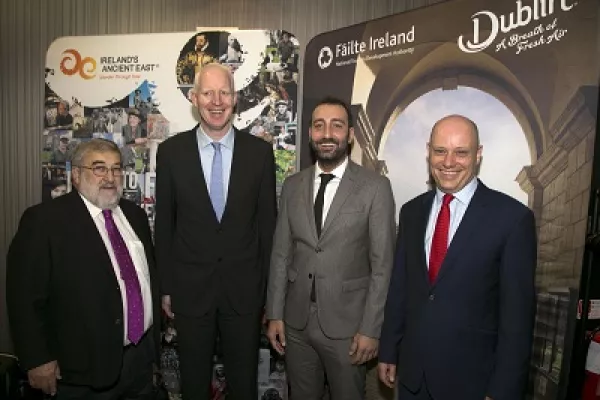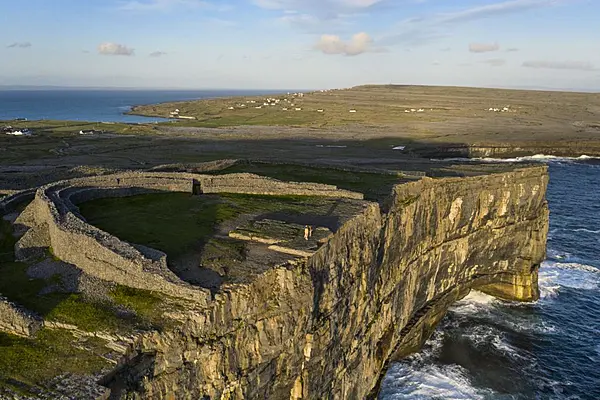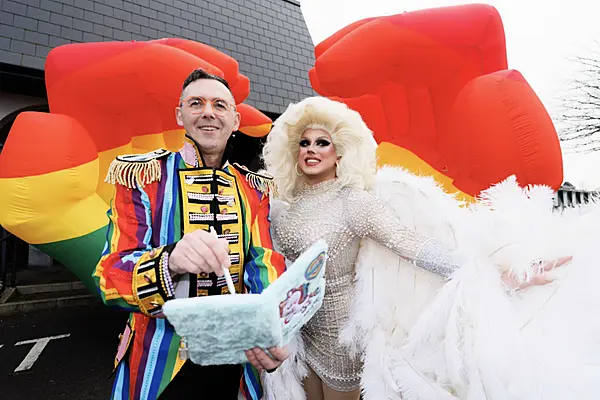Delivering a sustainable tourism sector can maximise tourism’s economic and social contribution but, in order to achieve this, we must acknowledge the challenges posed by patterns of strong growth in the tourism sector and take a pre-emptive approach to addressing them. This, according to Fáilte Ireland’s CEO, Paul Kelly, is a key part of how Fáilte Ireland plans to deliver a sustainable tourism sector to Ireland.
These remarks were made this morning (Thursday October 26) as Kelly addressed delegates at ‘The Visitor Management Challenge – Getting the Balance Right’, a one day conference organised by the Irish Centre of Responsible Tourism in conjunction with Fáilte Ireland, to discuss the diverse challenges, solutions and on-going work that is addressing the need for sustainable visitor management both in Ireland and in successful tourism markets overseas.
Addressing delegates in his opening speech, Kelly said, “In 2017, the International Year of sustainable Tourism, it is timely to emphasise that we need to develop tourism in a way that is both economically and environmentally sustainable. There is no doubt that current tourism bottlenecks and capacity constraints are costing us economic benefits in terms of visitor numbers and jobs. Therefore, we need to invest in capacity where those constraints exist, but we also need to support the growth of tourism beyond the traditional hotspots and summer season, ensuring a greater spread of activity regionally and seasonally.”
Also addressing the conference was James Chilton, Director of the Irish Centre of Responsible Tourism, who explained, “Effective visitor management has a vital role to play in ensuring visitors have enjoyable experiences, encouraging repeat visits and positive recommendations. Finding the balance between over-visited and under-visited destinations is at the heart of this. The Irish Centre for Responsible Tourism is delighted to be working in partnership with Fáilte Ireland to bring together Ireland's key tourism influencers to discuss the Visitor Management Challenge.”
Attendees heard contributions from a number of expert speakers representing all sectors of tourism including Professor Harold Goodwin, Director of Responsible Tourism Partnership, the international body responsible for the developing and promoting responsible tourism worldwide, who emphasised, “More and more destinations are facing the challenge of coping with success and the Responsible Tourism Partnership has been involved in looking at the issues which arise in very successful destinations like Barcelona, Iceland, Seoul and Venice. The issue is being addressed at World Travel Market in London for the second time this year and it is the subject of the UNWTO Ministers' Summit. I am looking forward to learning from Irish experience.”









